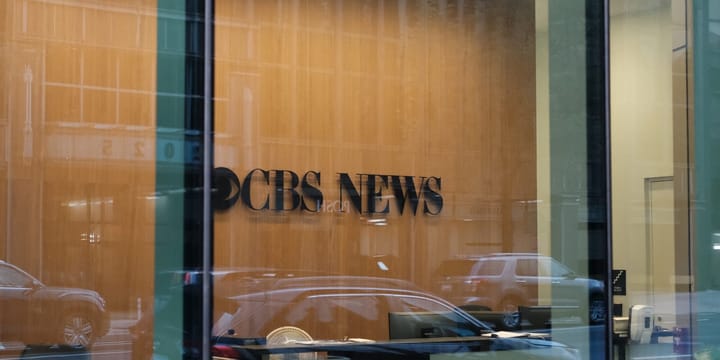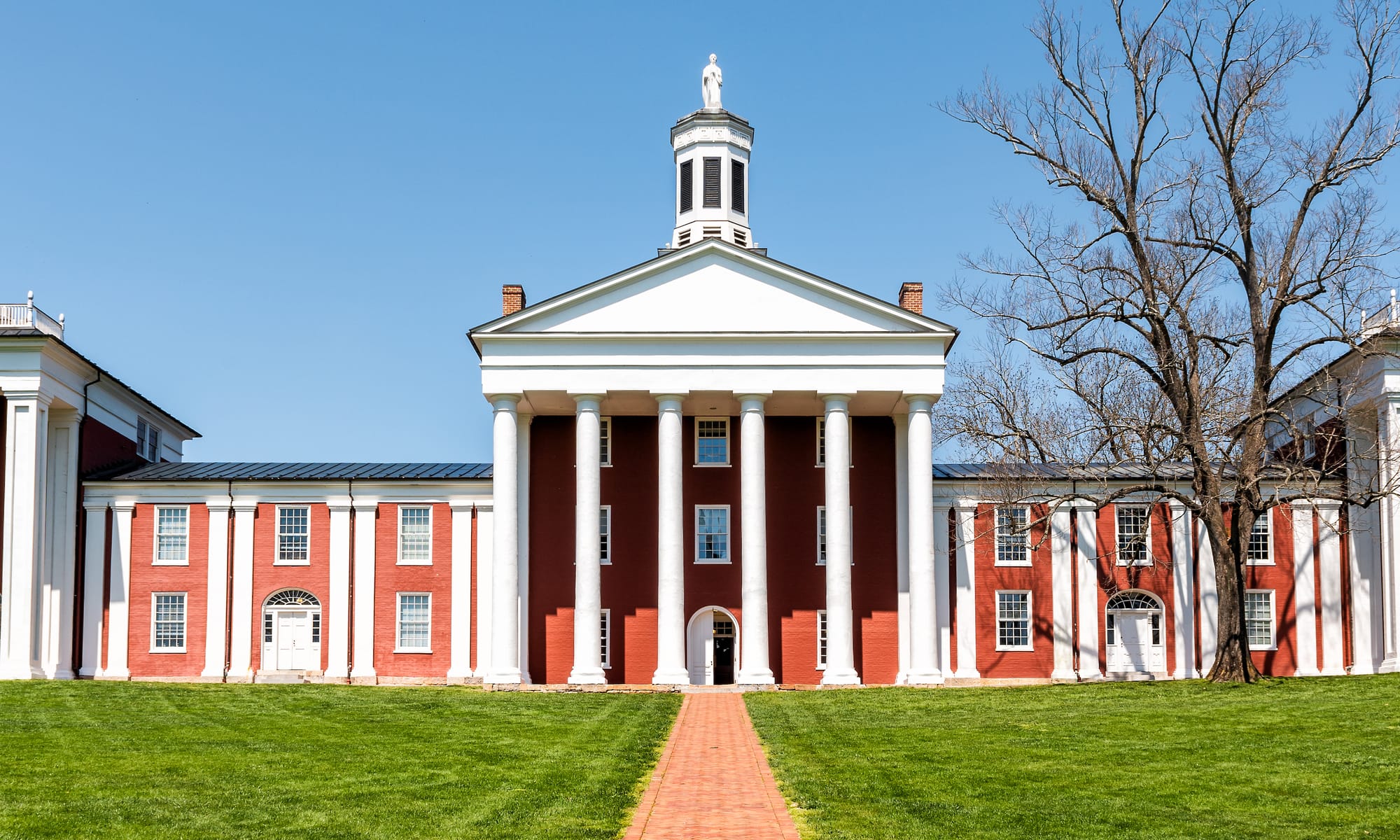FCC approves Skydance's CBS takeover after major concessions to Trump
Skydance's $8 billion deal for CBS raises serious questions about freedom of the press amid corporate capitulation to an administration allergic to criticism.

The Federal Communications Commission has approved Skydance Media's $8 billion acquisition of Paramount. This marks the end of a controversial approval process that has fundamentally reshaped the relationship between media companies and the Trump administration.
After months of negotiations, concessions, and "capitulation," the FCC allowed the takeover of the media conglomerate. Paramount owns all CBS properties. The path to this approval came at a steep price—one that may have lasting implications for American journalism.
We've already seen the fallout at CBS News, with the departure of award-winning producers at 60 Minutes.
What Skydance gave away
To secure the Trump administration's blessing, Skydance made unprecedented commitments. These commitments go far beyond typical merger conditions.
Bias monitoring
Skydance pledged to install an ombudsman for at least two years to investigate complaints about "ideological bias" in CBS News coverage and report findings directly to company leadership.
Of course, we know where the source of all such complaints will lie. And it starts at the top all the way down through MAGA land. Even the most spurious complaints will need to be investigated.
Rooting out DEI
Skydance committed to eliminate all diversity, equity, and inclusion programs across Paramount's U.S. operations. Skydance itself maintains no such initiatives.
This is yet another front on the war on diversity and inclusion in our society. It's their new bogeyman after all. They've finally found something easier to explain to low attention votes than critical race theory.
Editorial "diversity"
Skydance also promised to ensure CBS programming "embodies a diversity of viewpoints from across the political and ideological spectrum."
This has journalists rightly worried about editorial interference. Even the threat of this caused leading lights at CBS's flagship news program, 60 Minutes, to resign rather than comply.
The last thing this administration would want is latter-day Mike Wallace hounding them after all.
Financial concessions
Reports suggest Skydance agreed to run $20 million worth of public service announcements aligned with Trump's ideological priorities, though the company hasn't denied these claims.
So, CBS will now be the Trump administration’s personal propaganda channel? What would Edward R. Murrow and Walter Cronkite think of this. Sadly, the is no Walter Cronkite for Trump to lose these days. That's how badly trust in these institutions has eroded due to the constant barrage of bullshit on FOX News.
The settlement heard round the media landscape
Of course, this all started with Paramount's decision to pay Trump $16 million to settle the frivolous lawsuit over Kamala Harris on 60 Minutes.
Trump's suit alleged the network committed "election interference" by editing Harris's response to a question about the Israel/Hamas conflict differently across two shows. Anyone who has ever done anything in this realm realizes the reality of how editing works.
The settlement led both the executive producer of "60 Minutes" and the president of CBS News and Stations to resign in protest. This is a sign of things to come. At least CBS refused to include an apology in the settlement terms. There was still a bit of a heartbeat.
And then they came for Colbert (South Park may be next)
To add insult to injury, Paramount announced the cancellation of "The Late Show with Stephen Colbert," effective June 2025. The company claims the move was financial. The timing of the announcement after Colbert's sharp criticisms of the administration suggests otherwise.
Even South Park creators Trey Parker and Matt Stone—who just signed a $1.5 billion deal with Paramount—mocked the decision in their season debut, implying it was done solely to please Trump.
It's only a matter of time before they are also in the crosshairs too.
Where does this leave freedom of the press
This whole episode could have a "chilling effect" on how the press covers the administration. Cornell University law professor Michael Dorf notes that these settlements collectively expose all media companies to similar pressure. As he explains:
This deal represents more than a corporate merger—it's a test case for how media companies will navigate an era of unprecedented political pressure. Can CBS News maintain its editorial independence while satisfying an ombudsman tasked with rooting out "bias"?
Given the current climate, I think the answer is rather obvious. Thus, the exodus of journalists from CBS, which has already begun. We can only hope that 60 Minutes stands firm as their history suggests they will.
The message to other media companies is clear: resistance may be costly, but capitulation comes with its own price—one measured not just in dollars, but in the erosion of press freedom that has long been considered essential to American democracy.
Non in cautus futuri.



